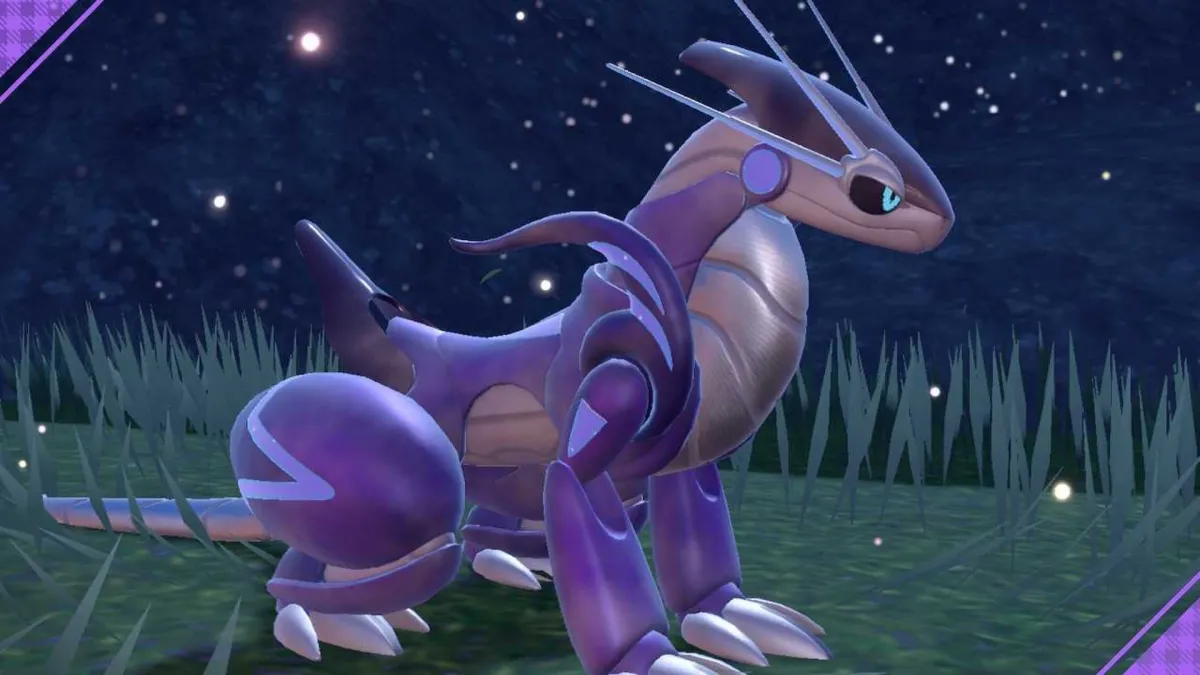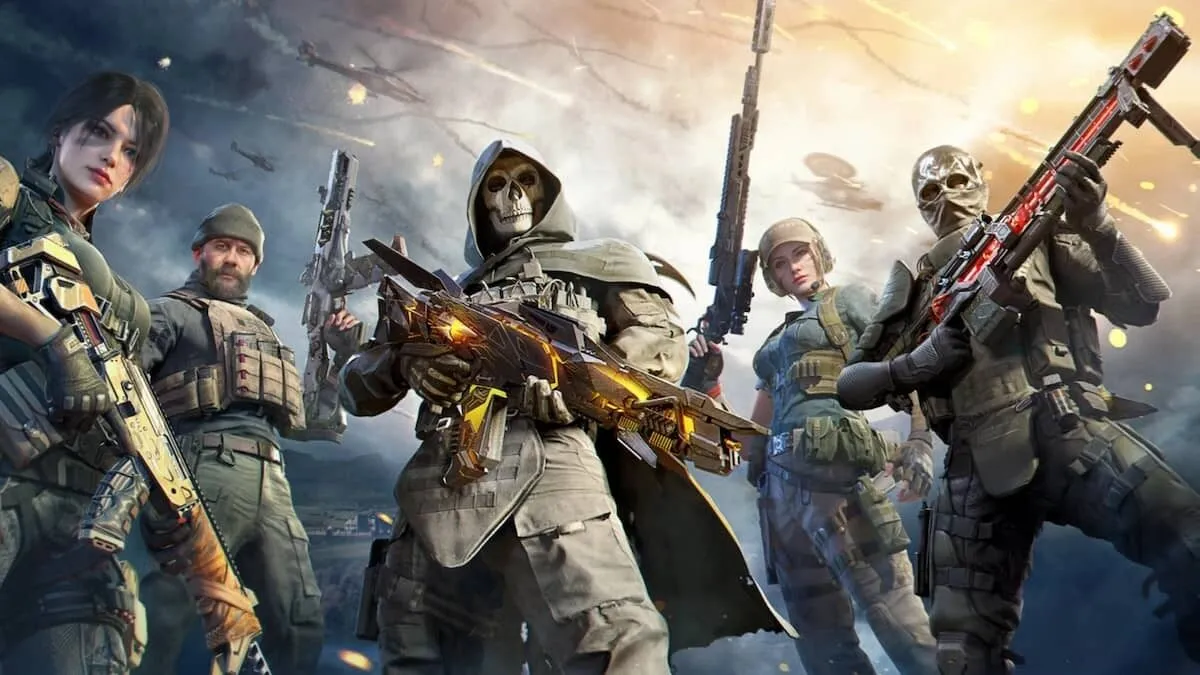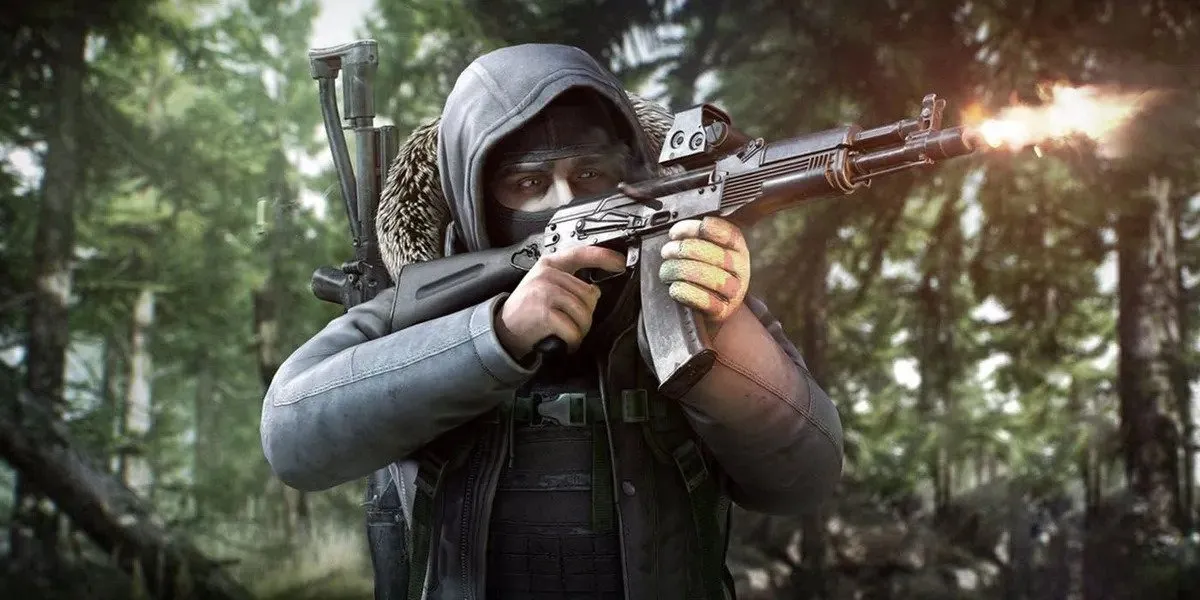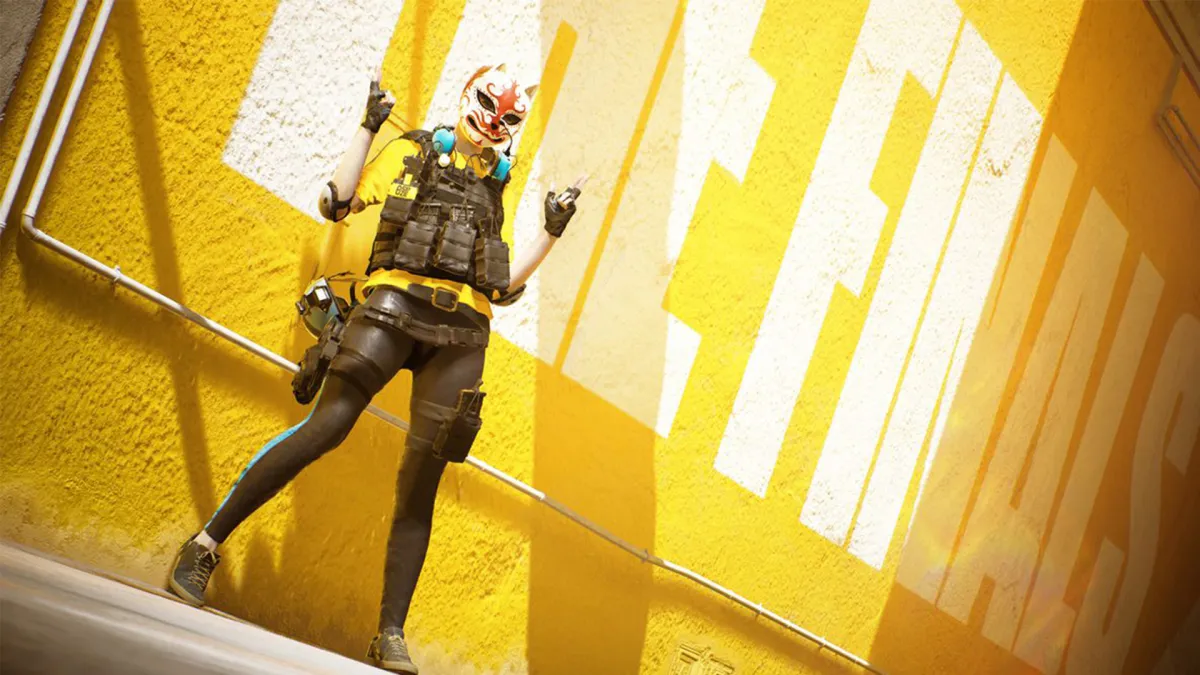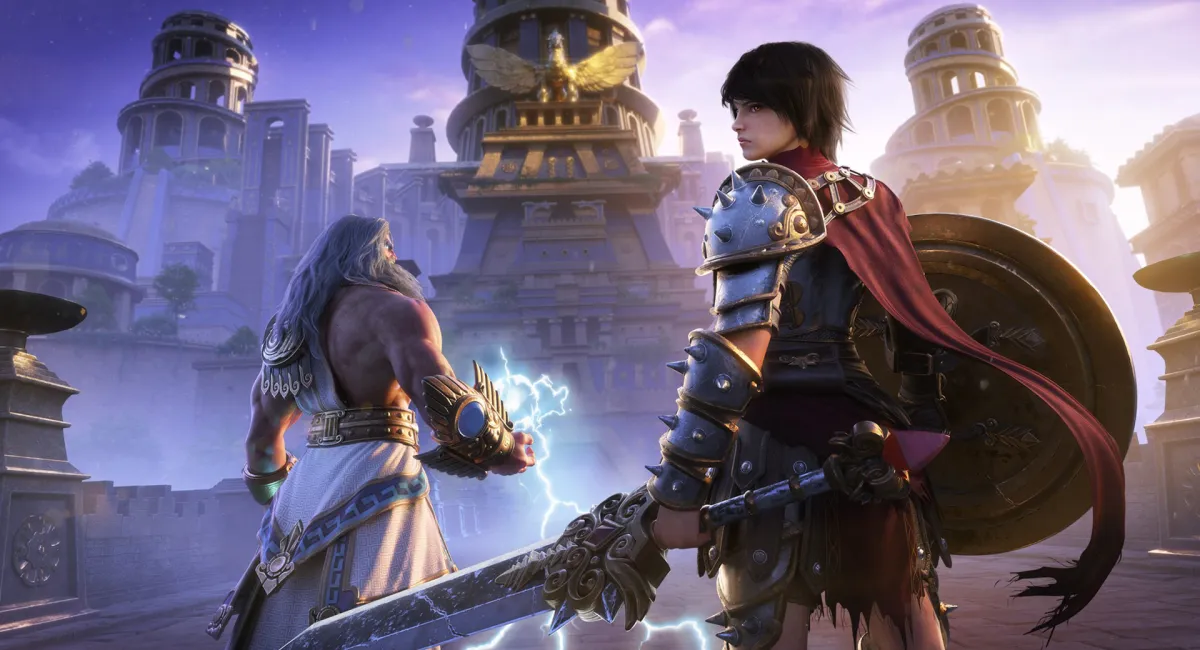Longtime Overwatch League casters and analysts Josh “Sideshow” Wilkinson and Brennon “Bren” Hook announced that they would most likely not be returning for the 2022 season on Wednesday. For many fans, this was a disappointing update, as the pair have become two of the most popular personalities in the Overwatch esports scene.
The two clarified, however, that they would still be involved with pro Overwatch and esports in some capacity, particularly through co-streaming and their podcast, Plat Chat. Sideshow spoke to Upcomer about his thoughts on the direction of the Overwatch League, the place that co-streaming has in broadcasting and what might come next for him.
Upcomer: Yesterday on your stream, you said the door is not completely closed to you and Bren going back to the Overwatch League, but you felt that it was unlikely. Is that accurate?
Sideshow: Yeah, that’s about accurate. It’s not like you go into negotiations and they say, “you will never work for us again.” As far as I know, we haven’t been blacklisted. But the renewal situation this year was conducted in a very different manner that has led us to believe that we’re not going to be involved for 2022. We haven’t heard from them in a month and a half, and there’s no open channel of communication there. So we’re planning to be doing other things next year.
Bren & I currently do not have an agreement for 2022 with Overwatch League, marking the end of our four years as broadcast talent. We wish the league and our colleagues the best of luck for OW2.
— Josh Wilkinson (@SideshowGaming) January 26, 2022
Upcomer: There was a strong reaction from the community when you announced it yesterday. How do you feel about the fact that people were so upset that the two of you wouldn’t be on the broadcast anymore?
Sideshow: It’s very nice, obviously. I try not to pay too much attention to it, though. If you flood your brain with dopamine when people are saying positive things about you, it kills you when people are saying negative things. I might go back through some [comments] from my peers and stuff like that, but the overall community stuff I try not to pay too much attention to because it has such a negative effect when it goes the opposite way, which it inevitably does at various times. But it is nice to see that we had a positive effect. That’s what we were aiming to do at the end of the day.

Upcomer: What would you say is the main way you grew and learned as a “personality” over your years working in the Overwatch League?
Sideshow: I have a huge appreciation for the talent and the people who were working behind the scenes in 2018 for giving [me and Bren] a shot. We weren’t a lock for Overwatch League in any sense. They were going for heavy hitters across other esports, trying to bring in viewers from other games. They had Counter-Strike commentators, they had League [of Legends] commentators, they had Puckett and Goldenboy. We were working with a group of talented individuals that all brought something very different from those different scenes. So that was massive for us, to even get our foot in the door and begin learning what it’s like to be involved in professional broadcasting.
You wouldn’t believe the step up that the Overwatch League was from any production that I’d ever worked on up until that point, because they had huge amounts of professional broadcasting equipment that were just there for us to try and make the show the best it could be. Learning from that all-star group of talent — especially Puckett in that first year, because he brought with him a huge amount of not just broadcast experience but producer experience — was incredibly instrumental in getting me up to speed in figuring out how everything worked in a broadcast setting.
Upcomer: Sorry, I just thought of that one story about the TF2 match that got cut off because you got kicked out of the venue.
Sideshow: [laughs] Yeah, exactly. That was a tournament that I ran, like, that was me putting that together. That certainly wasn’t the best tournament I’d worked on before the Overwatch League. There were some pretty good Overwatch tournaments beforehand. But when we were in the Blizzard Arena — that’s a TV studio that we were working in. And we were on TV for various portions of 2018 and 2019, so it was nuts.
Upcomer: I wanted to touch upon that infamous “visa hell” period in 2019, when you sort of took your reputation in the Overwatch community to another level with your co-streams. It’s wild when you think about how, back then, co-streaming in esports was relatively small, and now Riot [Games] is partnering with a ton of streamers, including Plat Chat, to do official co-streams. What do you think of that whole phenomenon, and what impact do you think co-streaming is going to have on esports as a whole going forward?
Sideshow: It is crazy that I accidentally was on the very forefront of the wave of co-streaming. I was copying the concept from a CS:GO B-stream that I had watched years back, where the major decided to just book a studio for the talent that weren’t working. I thought that it had major potential to be even more entertaining or informative than the main stream.
They decided not to continue that because it didn’t get enough viewership to warrant a studio space, but when your expenses are so much lower, if you’re just yourself sat in front of a camera, it becomes a really good idea. So I decided, ‘hey, why don’t I just give this a shot?’ It’s a phenomenon that creates value. You get different voices involved and different tones to your broadcast.
Riot, especially, have been trying to engage with it. For example, [Plat Chat] got invited out to the NA LCQ. They’re willing to look and create value in different areas, and add different things outside of just the buttoned-up professional broadcast feel. I think that makes a world of sense when you’re involved with esports. It’s a win-win for everybody.
We're also excited to have @PlatChatPodcast host a special Watch Party live at our #VALORANTLCQ. pic.twitter.com/zDzMCq1yCk
— VALORANT Esports NA (@valesports_na) October 7, 2021
Upcomer: I have seen, in the past, casters and analysts mentioning co-streaming might be an issue for broadcast talent going forward. So as both a caster and a co-streamer, can you see both sides of that argument?
Sideshow: I don’t think you necessarily need one or the other; that’s the false dichotomy that a lot of these casters fall into when discussing the concept. It would be quite dry to do a co-stream without casting in the background, anyway. The casting just stops being something you’re actively paying attention to and becomes more of a graph of the excitement of what you’re watching. So if something crazy happens, you get the casters going crazy, and then you’ve also got the people on the couch going crazy or talking about what happened. If it was just silent, you would feel the necessity to add those moments yourself, and it would take away from the thing that you’re trying to bring to the table, which is the more informal aspect of it.
I think most of the casters that discuss co-streaming being the downfall of their profession… they’re the ones that are unwilling to move with the times. One has to be very adaptable in order to stay relevant within esports. It’s a continuously changing environment and you have to develop your skills. If things go the way of more informal, comedic or analysis-based co-streaming, then you need to be moving in that direction as well.

Upcomer: Something the Overwatch League has been criticized for in the past is trying to emulate traditional sports too much and not having the kind of personality that other big broadcasters bring to each of their events, but we’ve also seen Overwatch League trending away from that in previous years. What are your thoughts on the direction that Overwatch League is heading in and whether it’ll be able to carve a niche for itself in the space?
Sideshow: I think it’s in a great position with both the format and the tone of the show, especially with the more direct leadership of Jon Spector over the last couple of years, when he’s been able to get heavily involved and take feedback from a bunch of the talent and the players. He’s been a great leader for the Overwatch League and I think the tone and format particularly have trended in the right direction.
It started in a pretty rough place in 2018, and 2019 wasn’t too much of an improvement. But after we adapted from the disaster that was having to scrap the homestand model and go remote in 2020, things have only gone in a positive direction. The stage finals and the way Hawaii has been such a technical success in a remote world, the tone of the desk, the casting being a little looser… I think that’s all a good thing.
Overwatch League is in a great position to embrace its niche, which is that it’s a casual, goofy, very fun esport on the top of tier two. If Overwatch 2 pops off, then maybe it goes from being top of tier two to being tier one. The story of OWL is for it to become comfortable with not being the NFL, like [former league commissioner] Nate Nanzer wanted it to be.

Upcomer: I know you don’t have any concrete plans right now, but what do you think is next for you? Do you think you’re going to lean more into streaming, or are you going to try to get back into casting and analysis?
Sideshow: We’ll have to see what opportunities present themselves. One of the important things that I’ve tried to focus on since 2016, when I started trying to work in esports fulltime, is having a breadth of skills that can push you in any direction. I’ve previously done written content, interviews that I’ve worked through broadcast, I’ve done Plat Chat stuff, we started a company where I do sponsorship liaison, running the show, setting up segment production and then the co-streaming… I’ve just tried to create a skillset that will be adaptable, no matter what comes my way. So I’m happy for any kind of change.
If all doors were closed, then I’d be perfectly happy doing fulltime streaming and working on Plat Chat, and trying to make the content that we create there be as good as possible for the release of Overwatch 2 and the continued VCT stuff with VALORANT. If there are other opportunities to work in other games, then I’m happy to do the desk work, casting, interviewing stuff as well. I’m very, very open to a lot of different kinds of work.
Upcomer: Right, like when Team Fortress 3 comes out, you’ll be all over that.
Sideshow: Yeah, I don’t think that’s ever gonna happen. That’s a dream that died a long time ago.



